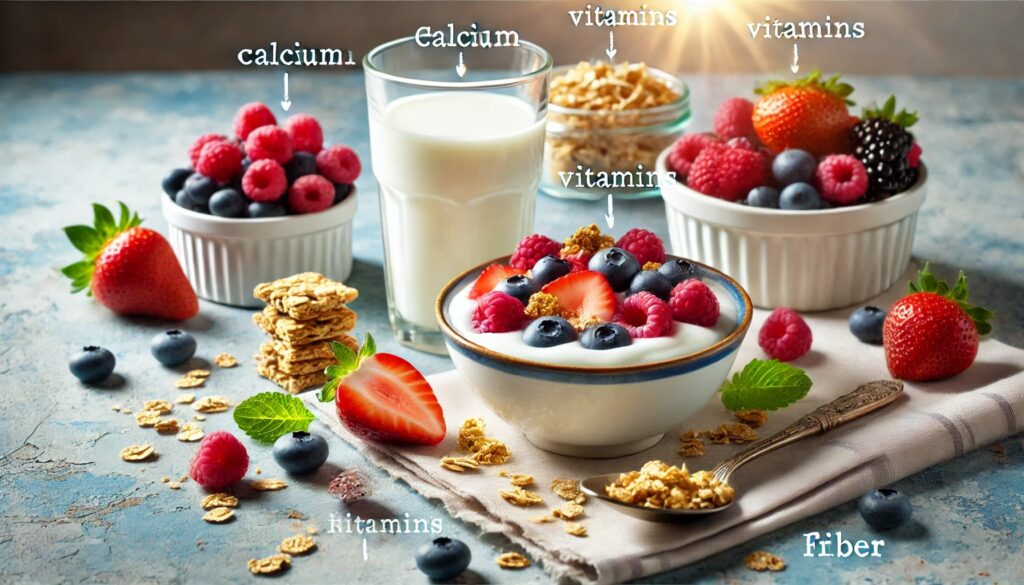Breakfast has long been considered the most important meal of the day, but in recent years, many have questioned whether skipping breakfast could be beneficial. Here, we dive into the pros and cons of skipping breakfast to help you make an informed decision.
Benefits of Eating Breakfast

- Boosts Energy and Concentration
Breakfast provides essential nutrients and energy to start the day. Studies show that eating a nutritious breakfast can improve focus, memory, and overall performance, especially in children and young adults. - Supports Metabolism
Eating breakfast jumpstarts your metabolism, helping the body burn calories more efficiently. It can also prevent overeating later in the day by keeping hunger hormones in check. - Improves Nutrient Intake
A well-balanced breakfast allows you to consume vital nutrients like fiber, vitamins, and minerals that are essential for health. - Reduces Risk of Chronic Diseases
Regular breakfast consumption has been linked to lower risks of heart disease, diabetes, and obesity. Skipping breakfast may lead to poor dietary choices throughout the day.
Arguments for Skipping Breakfast

- Intermittent Fasting Benefits
For those practicing intermittent fasting, skipping breakfast can be part of a structured eating plan that helps with weight loss and improved metabolic health. - Lifestyle and Preference
Some people naturally feel better when they don’t eat in the morning. If skipping breakfast doesn’t affect your energy levels or productivity, it may suit your lifestyle. - Weight Control
Contrary to popular belief, skipping breakfast doesn’t always lead to weight gain. Some studies suggest that the total calorie intake over the day matters more than meal timing.
Who Shouldn’t Skip Breakfast?

- Children and Teenagers: They need breakfast for energy and concentration during school.
- Pregnant Women: Breakfast is essential to meet the increased nutritional needs during pregnancy.
- Athletes: Breakfast replenishes glycogen stores and provides energy for physical performance.
Tips for a Healthy Breakfast

- Include protein (e.g., eggs, yogurt) to stay full longer.
- Add fruits and whole grains for essential nutrients.
- Avoid sugary cereals and pastries that provide empty calories.
Conclusion

Whether to skip breakfast depends on your individual needs, lifestyle, and health goals. If you feel energized and perform well without breakfast, skipping it occasionally might not be harmful. However, for most people, a nutritious breakfast offers undeniable benefits for energy, focus, and long-term health. The key is to listen to your body and make choices that work best for you.


0 Comments